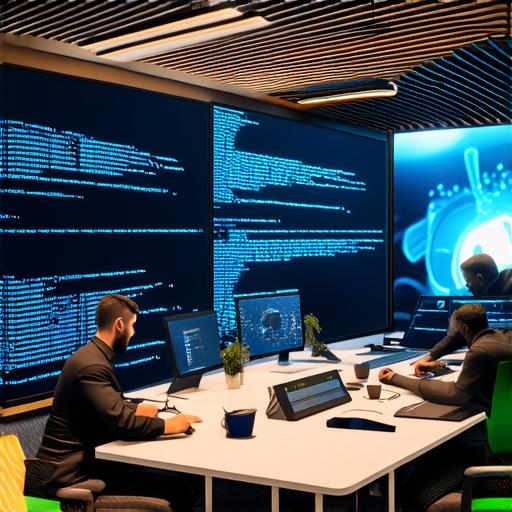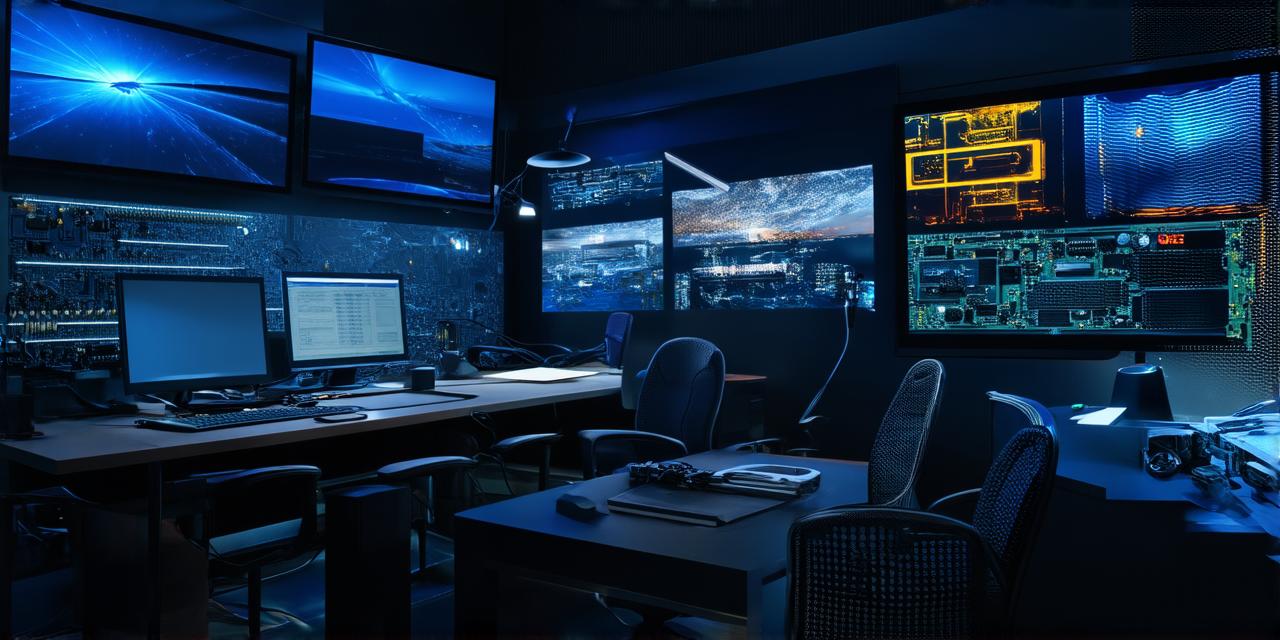1. Define Roles and Responsibilities
Before you begin building your Unreal Engine team, it’s important to define the roles and responsibilities of each member. This will help ensure that everyone is on the same page and understands their specific contributions to the project.
Some common roles in an Unreal Engine team include:
- Game Designers: These individuals are responsible for creating the overall vision and direction of the game, including level design, storytelling, and game mechanics.
- 3D Artists: 3D artists create the visual assets that make up the game world, including characters, environments, and objects.
- Programmers: These individuals are responsible for writing the code that brings the game to life, including AI, user interface, and other systems.
- Animators: Animators bring the game’s characters and objects to life by creating animations for actions such as walking, running, and attacking.
- Quality Assurance Testers: These individuals are responsible for ensuring that the game is free from bugs and glitches, and that it meets the standards set by the team.
2. Establish Clear Communication Channels
Effective communication is essential when working on an Unreal Engine project. It’s important to establish clear channels of communication between team members so that everyone can easily share information and collaborate.
Some common communication tools used in Unreal Engine teams include:
- Project Management Software: Tools like Trello, Asana, or Jira can be used to track progress, assign tasks, and communicate with team members.
- Chat Platforms: Real-time chat platforms like Slack or Discord can be used for instant communication between team members.
- Video Conferencing: Video conferencing tools like Zoom or Skype can be used for regular meetings and updates.
3. Foster a Collaborative Environment
Creating a collaborative environment is essential when working on an Unreal Engine project. This means encouraging team members to share ideas, provide feedback, and work together towards common goals.

- Encouraging Open Communication: Create an open-door policy where team members feel comfortable sharing their ideas and providing feedback.
- Celebrating Successes: Recognize and celebrate the achievements of individual team members and the team as a whole.
- Providing Opportunities for Professional Growth: Offer opportunities for team members to learn new skills and take on new challenges, which can help foster a sense of collaboration and teamwork.
4. Use Version Control
Version control is an essential tool when working on an Unreal Engine project. It allows team members to track changes to the codebase, collaborate on code, and revert to previous versions if necessary.
- Some popular version control systems used in Unreal Engine teams include: Git and Team Foundation Version Control (TFVC).
5. Establish a Workflow
Establishing a workflow is important when working on an Unreal Engine project. This means creating a set of processes and procedures that ensure everyone is working towards the same goals in an efficient and effective manner.
